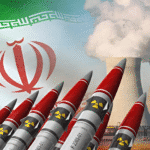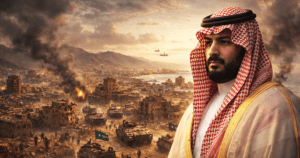In a dramatic move that’s as much about politics as it is about economics, Saudi Arabia and Qatar have quietly footed Syria’s $15.5 million bill to the World Bank—reopening the door for development loans and technical assistance for a country long shut out of global finance. The debt clearance, announced by the World Bank on May 16, marks the first time since the outbreak of Syria’s civil war in 2011 that Damascus is eligible to receive multilateral development support.
Yet the true headline may not be the money, but the man behind the maneuver: President Ahmed al-Sharaa. His rise to power after toppling the Assad regime last December was sudden, but what followed was even more remarkable—he managed to broker unprecedented regional support from traditional Syrian rivals in Riyadh and Doha. This isn’t just debt diplomacy; it’s a calculated pivot that may signal Syria’s re-entry into the Arab order under Sharaa’s leadership.
The World Bank Returns—and So Does Syria
The World Bank’s statement following the clearance was notably forward-looking, emphasizing plans for energy and infrastructure redevelopment as “the first step in a planned increase in support” for Syria. The payment of the arrears by Saudi Arabia and Qatar isn’t just an economic gesture; it’s a green light for Syria’s re-engagement with institutions that have been off-limits for over a decade.
Sharaa’s administration inherits a nation where half a million have died, millions remain displaced, and the majority endure near-total economic collapse. The promise of foreign investment and multilateral engagement is not merely symbolic—it is existential. The $15.5 million may seem modest on the global stage, but what it unlocks is far more valuable: international legitimacy and the beginning of Syria’s reconstruction.
From Pariah to Partner: The Gulf Connection
At the heart of this diplomatic shift is the remarkable reversal in relations between Syria and the Gulf. Throughout much of the civil war, both Saudi Arabia and Qatar backed rebel factions against Bashar al-Assad’s regime. But under Sharaa, Syria’s foreign policy recalibration has turned old adversaries into key allies.















